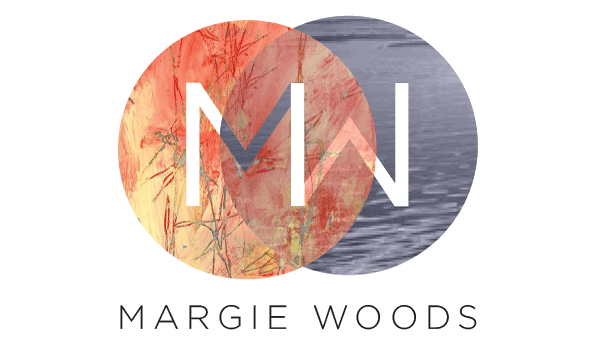The Power of Therapeutic Art Journaling
Art Journaling is so powerful. belong to a wonderful Facebook group called “A Stand for Art Journaling”, founded by the amazing Orly Avineri. Orly once posted a very provocative statement that spurred a gamut of responses from many of the art journalers in the group. I won’t include her exact words here, but I will say that they triggered a flood of thoughts for me about people making meaning of or judging another’s art….especially journal pages. I am so grateful to her for sparking this dive back into why art journaling is so powerful and sacred for me.
I love the process of art journaling so much because it is deeply personal, and it provides a way to process and regulate one’s emotions without words. For me it is all about using the symbolic in a stream of consciousness manner to access places that I could not otherwise access. A page is never planned or executed with any intention other than showing up honestly in the moment.
This is not to say that I don’t get caught up in my ego sometimes and want to make “pleasing” art, nor is making pleasing art a unworthy pursuit. For the sake of healing and transformation, however, it is important to stay with my process. As with meditation, I will go astray, but if I can gently remind myself to come back to the page (ie: the present moment) then I can exist in that honest flow again. The flow is very personal, and most times defies literal explanation, which is why it is impossible for me to get on board with the notion of analyzing or even trying to understand another’s art.
Making art is such a vulnerable process, so to try and make meaning of someone else’s brave offerings feels intrusive and presumptuous. That’s not to say that another’s art won’t evoke emotion or create a sensory experience for me, for this is why I surround myself with other artist’s work in my home. It’s also not to say that seeing another’s deep work does not inspire and remind me to be honest in my own art , for when I witness a brave artist revealing themselves through their honest expression, it can bring me to tears.
What I am trying to say here is that I just don’t feel it is my place to analyze another’s work. What I try to do instead when taking in another’s work, such as a colleague or a student, is akin to when someone I love is sharing something scared with me in a conversation….. hold the space, listen, take it in, and witness as non-judgmentally as I can.

